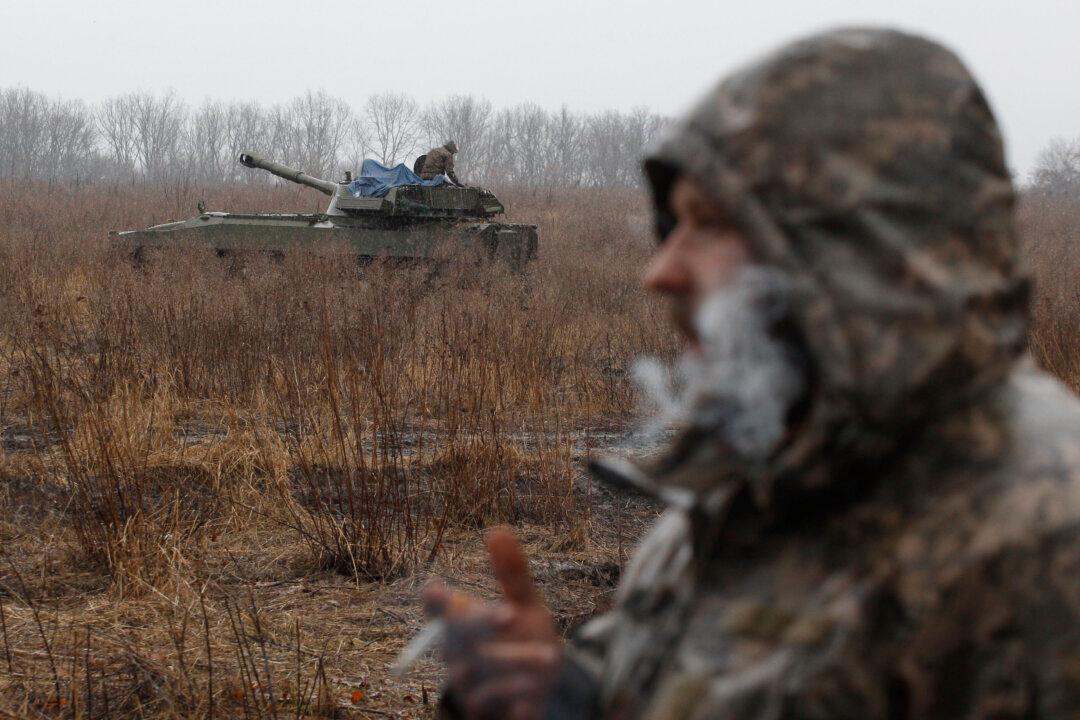The war in Ukraine has entered its ninth day, with Ukrainian forces continuing to mount staunch resistance to the Russian offensive, which has ramped up its attacks against civilian infrastructure in key cities, while overnight hostilities at a nuclear power plant sparked a fire that was later extinguished with no radiation leak.
British intelligence said the southeastern port city of Mariupol remains in Ukrainian control but is surrounded by Russian forces and its civilian infrastructure was being subjected to intense strikes.





